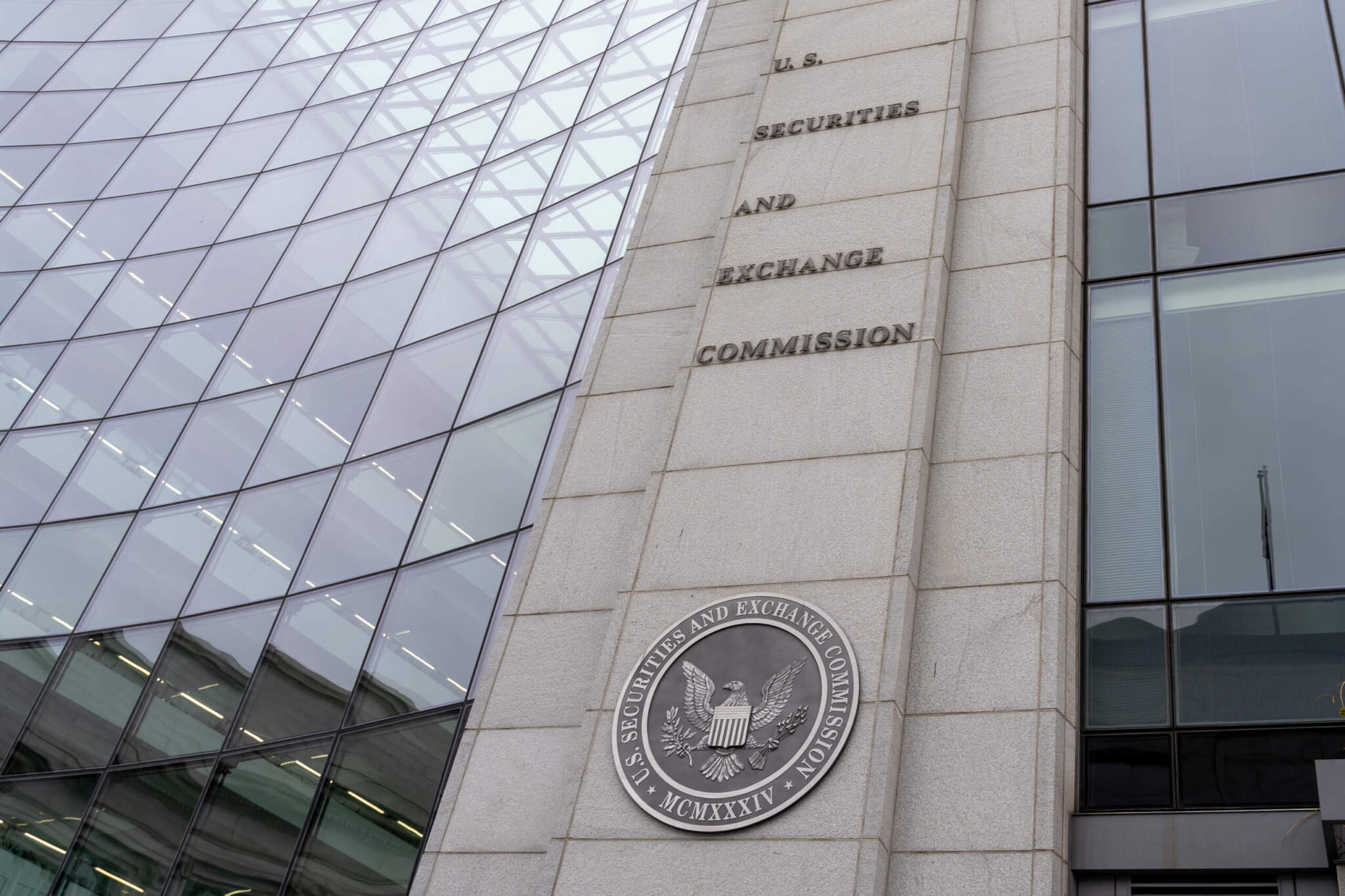For Immediate Release: February 8, 2024
Contact: R-CALF USA CEO Bill Bullard
Phone: 406-252-2516; r-calfusa@r-calfusa.com
Please find below R-CALF USA’s weekly opinion/commentary that discusses two actions by the SEC that erodes property rights and imposed undue burdens on livestock producers. It is in three formats: written, audio and video. Anyone is welcome to use it for broadcasting or reporting.
The SEC’s Threat to Private Property Rights
Commentary by Bill Bullard, CEO, R-CALF USA
Who would have thought the Securities and Exchange Commission (SEC) would play the role of facilitating the erosion, if not destruction, of livestock producers’ private property rights? Very recently, 31 members of Congress, 23 state treasurers, and 25 state attorneys general all stepped to the plate and pushed back on the SEC’s proposal that would have allowed Natural Asset Companies to be traded on the New York Stock Exchange. Recall that these Natural Asset Companies involved empowering investors to control the use of natural resources on land they did not own, including both private and federally managed lands. Now the New York Stock Exchange has withdrawn its proposal but the SEC’s cavalier attitude toward the importance of private property rights remains at issue.
So, what is the SEC and how is it threatening the liberty and freedom of U.S. livestock producers?
Well, Congress created the Securities and Exchange Commission soon after the Wall Street Crash of 1929, which triggered the start of the Great Depression. So, the SEC was formed to regulate the securities market to prevent a repeat of the events that led to the Great Depression. Congress authorized the SEC to protect investors, to maintain fair, orderly and efficient markets, and to facilitate capital formation.
The SEC is an independent federal agency comprised of five commissioners, all of whom are appointed by the President, and the President nominates the SEC chairperson who must be confirmed by the Senate. No more than three of the commissioners can be of the same political party.
So, the SEC is an executive branch agency charged with regulating securities markets and protecting investors. But now the SEC is creating for itself a new role of advancing the ideology of climate change activists who believe the government can save the planet if only it could control the behavior of those who use natural resources to produce food and other goods.
And that’s what it’s doing. Through the rulemaking process, the SEC is requiring publicly traded companies to report their progress in achieving one leg of the three-legged environmental, social, and governance standards known as ESG. And the purpose of the ESG standards is to measure a company’s social responsibility, ethical practices, and environmental sustainability. So, the SEC is focused on the environmental sustainability leg of ESG, and its proposed rule will require publicly traded companies to measure and report their greenhouse gas emissions.
Now you wouldn’t think independent farmers and ranchers, who are not publicly traded companies, would be caught in the measuring and reporting net the SEC has cast.
But you’d be wrong.
As part of the SEC rulemaking, publicly traded companies would be required to measure and report on the greenhouse gas emissions of their input suppliers. And because independent farmers and ranchers provide inputs to multinational meatpackers, they’re caught in the same net.
Our concern is this: When the SEC requires publicly traded companies to measure and report the emissions of their suppliers, it is tacitly authorizing those major companies to demand that independent farmers and ranchers measure and report their annual emissions.
Because there are only four packers controlling 85% of the market for fed cattle, it’s easy to imagine how those multinational packers can force cattle producers to comply: All they have to do is deny market access to anyone who refuses to measure and report emissions.
A stop-gap solution to prevent the SEC’s action from allowing multinational packers to assert control over independent cattle producers has been proposed. This stop-gap solution requires the SEC to rely on industry estimates for determining emissions from their suppliers, rather than on actual measurements and reports by their suppliers.
For example, if the publicly traded packer purchased cattle from independent cattle producers, it would report to the SEC a volume-based cradle-to-gate emissions estimate for agricultural commodities, such as emissions per head of cattle purchased by the packer.
While this stop-gap solution allows independent farmers and ranchers to escape the SEC net for now, it also masks a much more serious problem that must be addressed.
Here’s the problem: If we agree to a solution to prevent publicly traded companies from imposing costly reporting requirements on cattle producers, by agreeing the companies should use a volume-based cradle-to-gate emissions estimate to calculate emissions, aren’t we conceding that cows are a problem? And aren’t we doing so when we know full well that cows are not the problem?
I recently heard Jim Mundorf of Lonesome Lands use the phrase, “A lie agreed upon” when he talked about how cattle continue to be wrongly maligned by climate activists. In this case, we cannot support a solution to the problem of excess emissions emitted by cattle without first conceding that cattle are emitting excess emissions and are contributing to the ruination of our planet.
Well, that’s just wrong as cattle naturally help to sequester carbon in our environment. So, we’re not going to agree upon the lie perpetuated by the SEC’s rulemaking.
Please think about that.
###
R-CALF USA’s weekly opinion/commentary educates and informs both consumers and producers about timely issues important to the U.S. cattle and sheep industries and rural America.
Ranchers Cattlemen Action Legal Fund United Stockgrowers of America (R-CALF USA) is the largest producer-only trade association in the United States. It is a national, nonprofit organization dedicated to ensuring the continued profitability and viability of the U.S. cattle and sheep industries. For more information, visit www.r-calfusa.com or call (406) 252-2516.






